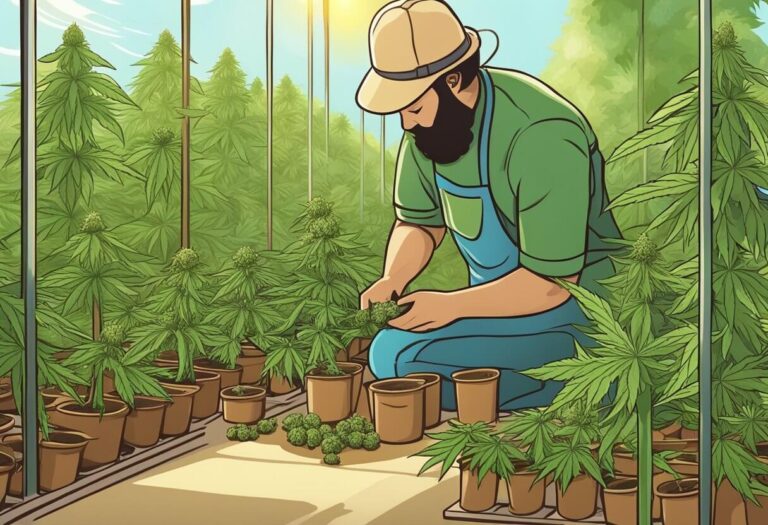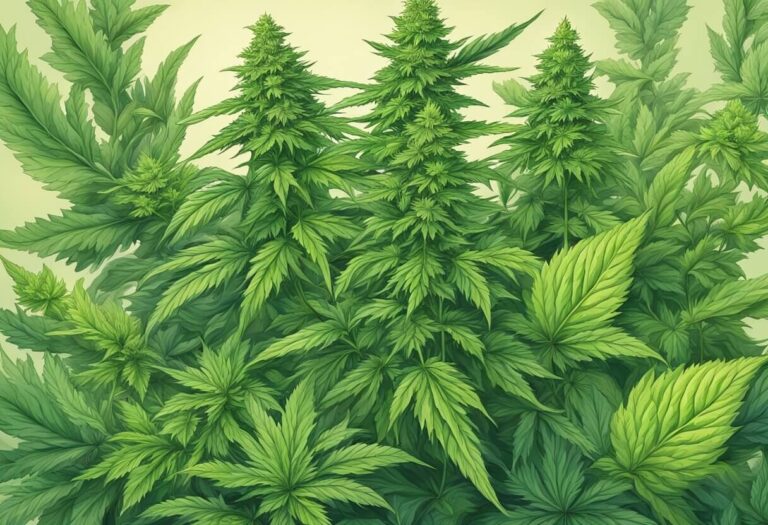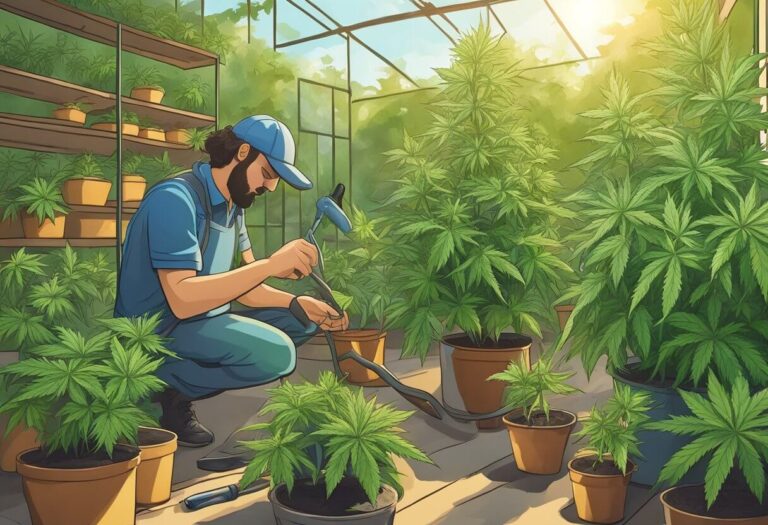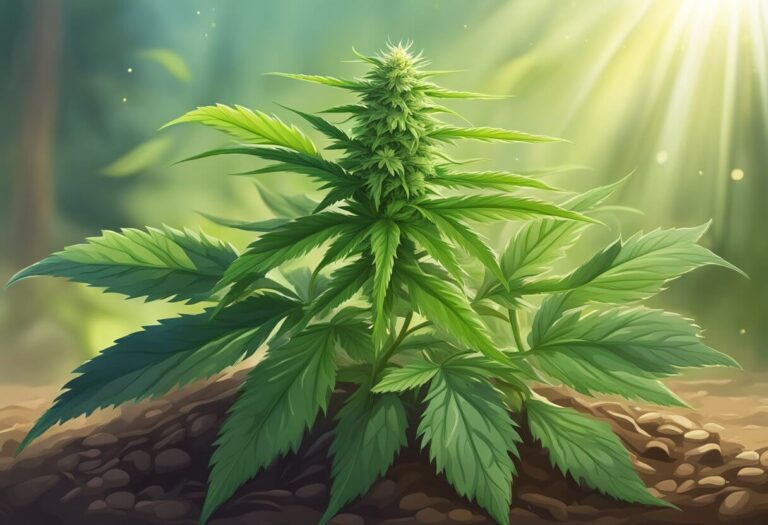Is Weed Legal in Argentina? A Guide to Shifting Cannabis Laws

Cannabis laws across the globe are rapidly changing, with many countries legalizing medical marijuana and decriminalizing recreational use. Argentina is one Latin American nation at the forefront of this shifting policy landscape. So is weed actually legal in Argentina?
The short answer is: it’s complicated. While Argentina has legalized cannabis for medical purposes and decriminalized minor possession, recreational production and sale remains prohibited. New regulations attempt to clarify the legal gray areas, but enforcement confusion persists.
In this blog post, we’ll explore Argentina’s complex and developing cannabis policies covering medical use, hemp regulations, the current recreational legal status, patient access programs, and more. We’ll also look at expert predictions for where Argentine cannabis laws are headed next. Let’s start with some history and context.
Brief Background on Argentina’s Stance on Cannabis
Argentina grew hemp for crops and textiles up until a 1977 law prohibited cannabis cultivation and possession nationwide. But increasing patient advocacy and shifting societal attitudes led the traditionally conservative government to steadily reexamine their strict cannabis prohibition in recent decades.
In 2009, Argentina’s Supreme Court decriminalized personal use and private consumption of small cannabis quantities, ruling enforcement to be unconstitutional. This opened the door for further policy reform.
Medical marijuana first became legal in Argentina with a 2017 law allowing patient access to cannabis oil and derivatives for approved health conditions. Home cultivation was later sanctioned under specific medical permissions.
2022 brought more definitive regulations with Law 27,669 establishing a national regulatory agency called ARICCAME to govern licensing, production oversight, and exports in the medicinal cannabis and industrial hemp sectors.
But where does Argentina currently stand on recreational adult-use and consumer CBD products? Let’s analyze the laws in more detail.
Is Medical Marijuana Legal in Argentina?

Yes, medical cannabis is legal at the federal level in Argentina. Their medical marijuana program has been expanding access points for patients since the initial 2017 legalization.
The 2017 medicinal cannabis law approved oils and derivatives for the treatment of chronic diseases and conditions like epilepsy, Parkinson’s, PTSD, and cancer. However, only government institutions could participate in marijuana production at first.
Additional legislation in 2020 allowed pharmacies and hospitals to sell medically-approved cannabis products while also mandating insurance coverage of cannabis prescriptions. This improved accessibility and affordability for eligible patients.
Argentina also permits registered medical marijuana patients to obtain case-by-case authorizations to cultivate limited cannabis plants at home for personal medicinal use. This home grow allowance and the rise of cannabis community groups helped offset high market prices that made legal medical cannabis unattainable for some patients.
To participate in the federal medical marijuana program called REPROCANN, patients must obtain a doctor’s prescription affirming an eligible condition or disease diagnosis. Registration remains voluntary but lifts legal penalties for patients’ private cannabis use and possession.
Over 45 medical research studies focused on cannabis are now underway across Argentina as well. The volume of clinical trials reinforces cannabis’ therapeutic legitimacy according to lawmakers seeking to spur the country’s nascent marijuana industry.
What’s the Deal with Recreational Cannabis in Argentina?
Unlike many South American neighbors recently expanding recreational use rights, cannabis for adult non-medical consumption remains prohibited federally in Argentina.
However, a Supreme Court verdict declared enforcement of minor marijuana possession penalties unconstitutional back in 2009. This ruling decriminalized personal cannabis use rather than legalizing it outright.
The public consumption, sale, production, and large-scale transport of marijuana all carry severe criminal penalties including potential prison sentences if caught and convicted.
Argentina’s decriminalization is also imperfect in practice. There is confusion around allowable possession quantities for avoiding arrests and charges. Most interpretations indicate up to 15 grams for personal amounts, but police enforcement practices still vary case by case.
Cannabis rights advocates argue this prohibition hypocrisy – allowing personal use while simultaneously banning commerce and production channels – fuels the continuation of the unsafe black market.
But Argentina maintains strict recreational limitations even as medicinal access spreads, so for now legal weed for non-patients appears improbable at the national level.
Argentina Passed a Law Regulating Medicinal Cannabis and Industrial Hemp in 2022 – What Changed?
Argentina sought to govern its nascent cannabis trade through comprehensive legislation in 2022. The major regulatory law enacted clearly distinguishes the country’s approach between medicinal & research cannabis versus industrial hemp programs.
It defined separate guidelines for THC content levels, cultivation oversight, sale dispensations, and consumer product manufacturing based on the intended use categorization.
The law most notably founded a specialized national regulatory agency called ARICCAME to spearhead rules and licensing around cannabis and hemp commercialization.
ARICCAME now grants case-by-case authorizations mandatory for all public & private sector activities relating to:
- Cannabis seeds acquisition
- Cultivation of cannabis plants
- Extraction and production procedures
- Distribution channels
- Export clearances
- Research & development initiatives
This centralized agency is seen as essential to prevent unauthorized transactions and offset risks like potential medical product contamination or illicit diversion into recreational markets.
It also aims to ensure domestic medical cannabis access meets quality control standards. Mandatory product testing should build consumer confidence in Argentina’s medical marijuana treatment options moving forward.
So the 2022 cannabis law drew distinct lines between medical and standard commercial sectors while empowering centralized health agencies to govern the rapidly evolving industry.
What’s Legal Regarding Hemp in Argentina? Can You Grow It?
Yes, Argentina’s new cannabis regulations also legalized industrial hemp cultivation but the industry awaits more detailed statutory rules before fully launching.
The 2022 law clearly defined hemp as separate from psychoactive cannabis products, excluding industrial cannabis plants and derivatives with THC concentrations below 0.3% from the criminal code restrictions.
This delineation opened pathways for Argentines to legally grow hemp for commercial uses like fabrics, construction materials, bioplastics, cattle feed, and more pending proper licensing.
Argentina sees hemp as a pivotal agricultural replacement for declining tobacco crops and a bridge toward eco-friendly exports. But intensive regulatory planning remains regarding:
- Certified seed acquisition
- Security protocols for planting site selection
- Local transportation logistics
- Zoning clearance for future hemp processing factories
Once finalized and implemented, these measures will shape how quickly the Argentinian hemp industry can scale both domestically and for international trade. The full regulations are expected soon from ARICCAME officials.
If run effectively, experts predict Argentina could replicate economic booms from hemp manufacturing seen in other regions. But the country realizes careful oversight is imperative during launch phases to guarantee farmers and investors have reliable guidance when cultivating a newly legalized crop.
What’s the Legal Status of CBD Oil in Argentina?
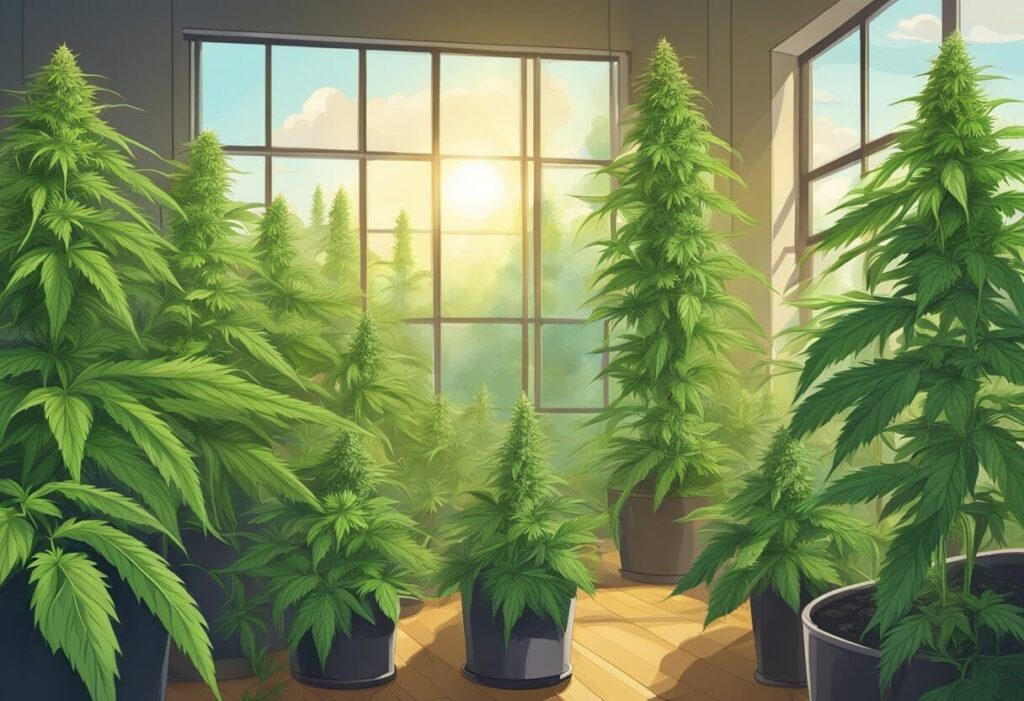
Following the lead of Brazil and other Latin American countries, Argentina legalized cannabidiol (CBD) in 2017 expressly for medical applications as an ancillary hemp compound.
CBD derived from certified cannabis strains has since remained available for Argentinian patient access through imported products and localized pharmacies with proper medical prescriptions.
But CBD supplements for general wellness outside disease treatment have risked conflicting with Argentina’s limitations on recreational use. This causes confusion since CBD alone does not produce psychoactive effects synonymous with illegal recreational cannabis intoxication.
Still, the lack of relevant consumer protections and lab testing models for ingestible CBD items implies Argentina is unlikely to open mass retail CBD access soon beyond medicinal dispensation.
Essentially Argentina’s stance permits CBD scripts to treat diagnosed conditions while restricting production scales that outpace medical demand. Without recreational laws, the country is leery of consumer CBD for now.
Conclusion: What Does the Future Hold for Cannabis in Argentina?
- Argentina possesses ideal climate conditions to support both traditional agriculture and cannabis crops. The country hopes fresh revenues from medical cannabis exports and industrial hemp can energize pandemic economic recoveries.
- Early private industry investments reflect optimistic domestic projections, but prohibitively high taxes could curb startup profitability without careful tax code considerations.
- Public opinion supports at minimum decriminalization. But full recreational legalization faces staunch opposition from sitting politicians, religious leaders, and addiction professionals focused on risks.
- International policy pressure and pragmatic budget deficits could turn the tide over time. However near-term allowances appear set to stay confined within medical use cases barring major ideological shifts.
For the moment Argentina remains firmly positioned as an emerging hub for medical marijuana access even while recreational legislation lags behind other Latin American powers. The next few years will prove decisive in determining just how fertile the seeds laid by Argentina’s cannabis regulatory overhaul can grow.

